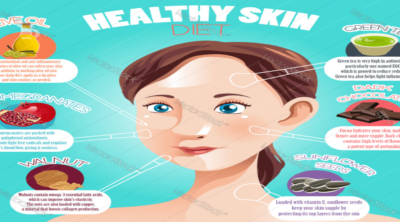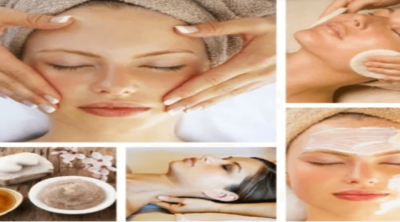
The following article describes various side effects of the creams and pills used for the prevention of acne. Antibiotics in these medicines can pose a risk to your health, therefore be well-informed about the side effects, in advance, through this BeautiSecrets article.
Acne is caused by the bacteria Propionibacterium acnes, which clog the pores of the skin causing inflammation and pus formation. Those who have higher level of testosterone or androgen in their body, are more prone to acne, as it increases the sebum secretion in the body, which congests the pores. Numerous medications are available in the market to treat acne and ward off pimples. Some of them are applied directly on the affected area of the skin, i.e., topical medications, and others are taken in the form of pills or oral medications. Some acne medications may take a very long time to show their effect. In such a case, prolonged use of these medications can have adverse effects on the body. Most of the side effects of anti-acne creams are temporary, and go away easily with the discontinuation of medicines. However, there are certain fallouts, which can do permanent damage to your body.
Adverse Effects of Topical Medicine
Many antibiotics can be bought from the market in the form of creams, gels or lotions, and even ointments. Common antibiotics for acne treatment are, benzoyl peroxide, retinoids, clindamycin, erythromycin, Metronidazole, and many more. Topical antibiotics act on the skin to kill the bacteria and reduce inflammation. As it is applied locally, it can lead to many skin related complications like:
- Flaking, swelling, and irritation of the skin
- Redness and peeling
- Dry and chapped skin
- Darkening of the skin due to sun exposure
- Burning on the medicated area etc.
These side effects might be temporary, but there can be serious complications too, which may develop due to prolonged usage of medicines.
- Intestinal problems can occur as the body becomes prone to bacteria called, Clostridium difficile, which disrupt the intestinal functions in the body.
- Accumulation of toxins can happen in the body.
- An antibiotic, called tetracycline causes dental problems like yellow teeth and discoloration of the skin.
- Most antibiotics are known to cause vaginal yeast infection.
- Antibiotics should be avoided during pregnancy, as their usage may lead to birth defects in the newborn.
Adverse Effects of Pills
Oral medications for the treatment as well as prevention of acne, are often used by women and men alike. However, in spite of their effectiveness, these medications might also pose certain serious health risks, which you need to be aware of beforehand. The above mentioned antibiotics present in creams and lotions, are also prescribed by the doctors, in the form of pills. Other than that, isotretinoin is another medicine administered for severe acne. Though isotretinoin is considered as one of the best acne treatment options, it might not be the case, as it might pose the risk of side effects, like depression, suicidal tendencies, liver and kidney damage, and birth defects, if taken during pregnancy. Estrogen is also used to treat hormonal disorder causing acne. Nausea and tenderness in the breasts are a few side effects of this treatment.
The common side effects of acne medicines when taken orally are:
- Hair fall
- Nausea and dizziness
- Low libido
- Depression
- Problems related to body weight
- Cramped legs
- Irregularity in menstrual cycles
- Risk of heart diseases
- Tendency of blood clotting
- Pigmentation of the skin
Anti-acne drugs are effective, yet they have a downside as well. These medications should be used cautiously and only under the guidance of a dermatologist or a doctor. The side-effects of these medicines can lead to serious damages, if taken without prescription and knowledge. Therefore, consult your doctor in case you see any of the above-mentioned symptoms. Inform your doctors about your overall health including pregnancy, and if you are on some other medication too.


